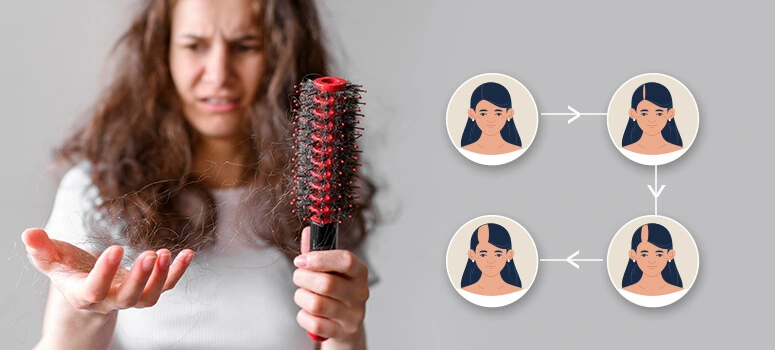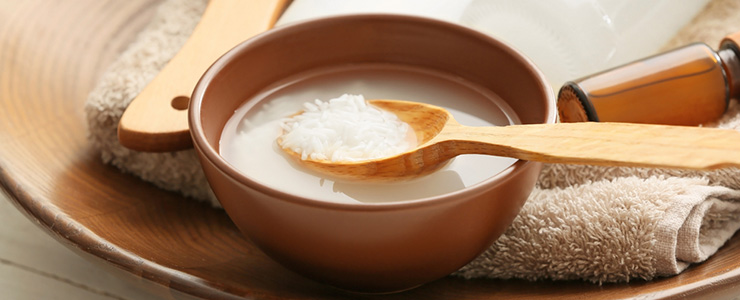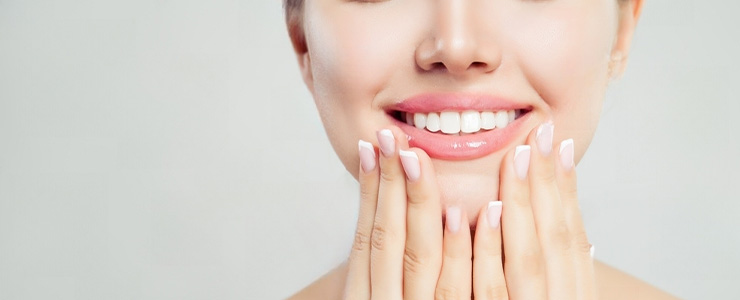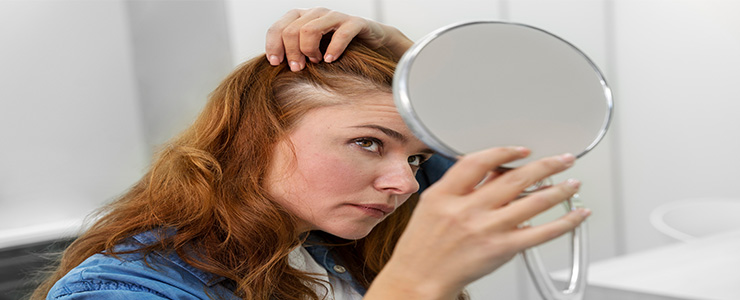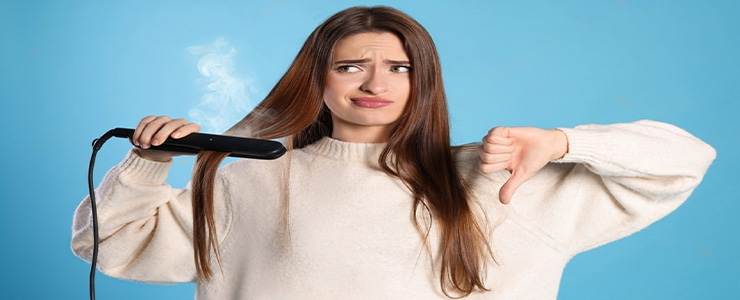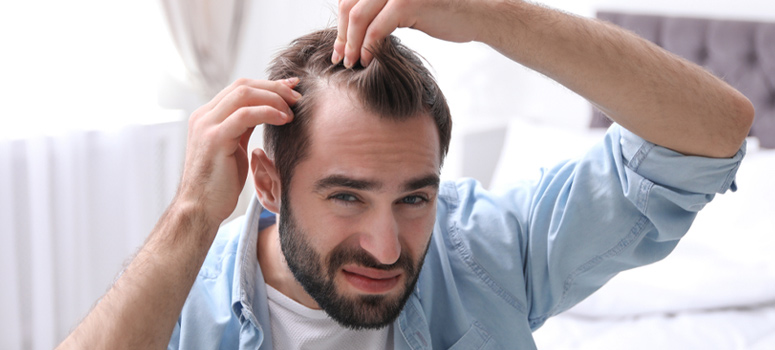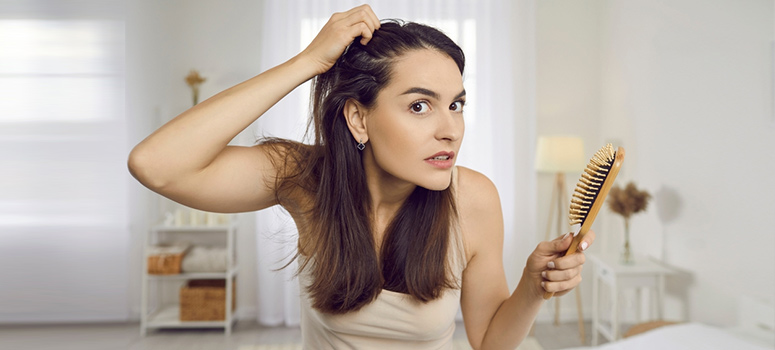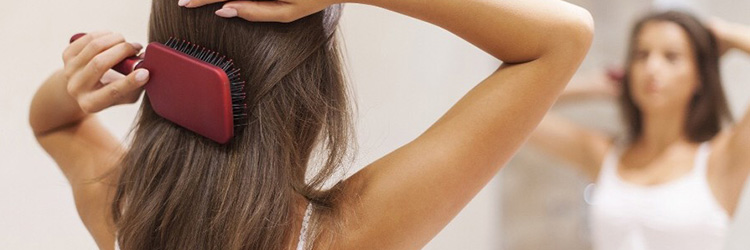Hair loss has become far more common than one might think. Women who suffer from androgenetic alopecia or female pattern baldness lose about 150 strands a day. And unfortunately, once your precious tresses are lost, they take a lot of time to grow back again.
On the bright side, you can always count on a hair loss treatment to address the hair woe. Although several medications and therapies can help you manage hair loss and boost hair growth, Minoxidil has been known to be one of the most effective. Read on to understand how dermatologists recommend using Minoxidil for hair growth and hair loss. But before that, let’s uncover some of the key advantages of Minoxidil.
5 Key Benefits of Using Minoxidil for Hair
Minoxidil can help stop certain types of hair loss. In some cases, it can even encourage regrowth.
Slows Hair Loss
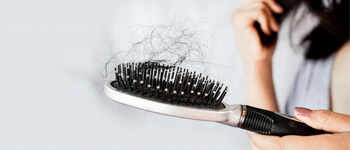
Stimulates Hair Growth
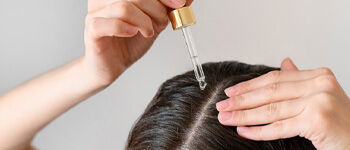
The science behind how Minoxidil works to boost hair growth is fascinating. Experts say that hair growth occurs as it supposedly increases blood flow in the scalp by dilating the blood vessels. It is advisable to use the medication continuously until you see the results. And once the condition improves, one must continue with its use to maintain the hair growth
Increases Hair Thickness and Density

Treats Hair Disorders
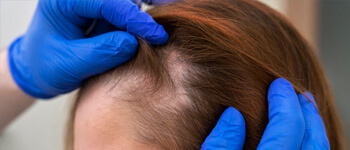
Revitalises Blood Circulation

How to Use Minoxidil for Hair Loss and Hair Growth?
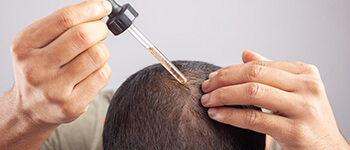
2. Wash the scalp and make sure it is dry before applying topical Minoxidil.
3. To use the solution, use 20 drops. Part your hair and apply the solution to the affected areas.
4. Rub in gently and allow the solution to dry completely.
Note: Minoxidil solution helps hair growth in people with thinning hair. It is not used for people with unexplained hair loss, patchy hair loss, or post-partum hair loss. You shouldn’t use it if you are younger than 18. The exact formulation to be used depends on the severity of your problem and after the recommendation of a dermatologist. If your condition does not improve after using Minoxidil, tell your doctor. It is also wise not to use other hair care products such as oils, serums, etc., during the treatment. Check the hair serum ingredients and make sure they do not reduce the efficacy of your hair loss medication.
Conclusion
Minoxidil can be an ideal treatment for hair loss. However, you must consult a dermatologist before using it. This is because your hair loss could be a sign of health concerns or medical problems such as nutritional deficiencies and an imbalanced thyroid. To avoid its side effects, we recommend seeking help from an expert. Visit Skin and Hair Academy to learn about the benefits of Minoxidil, how to use it safely and expert hair care tips to combat hair loss.

